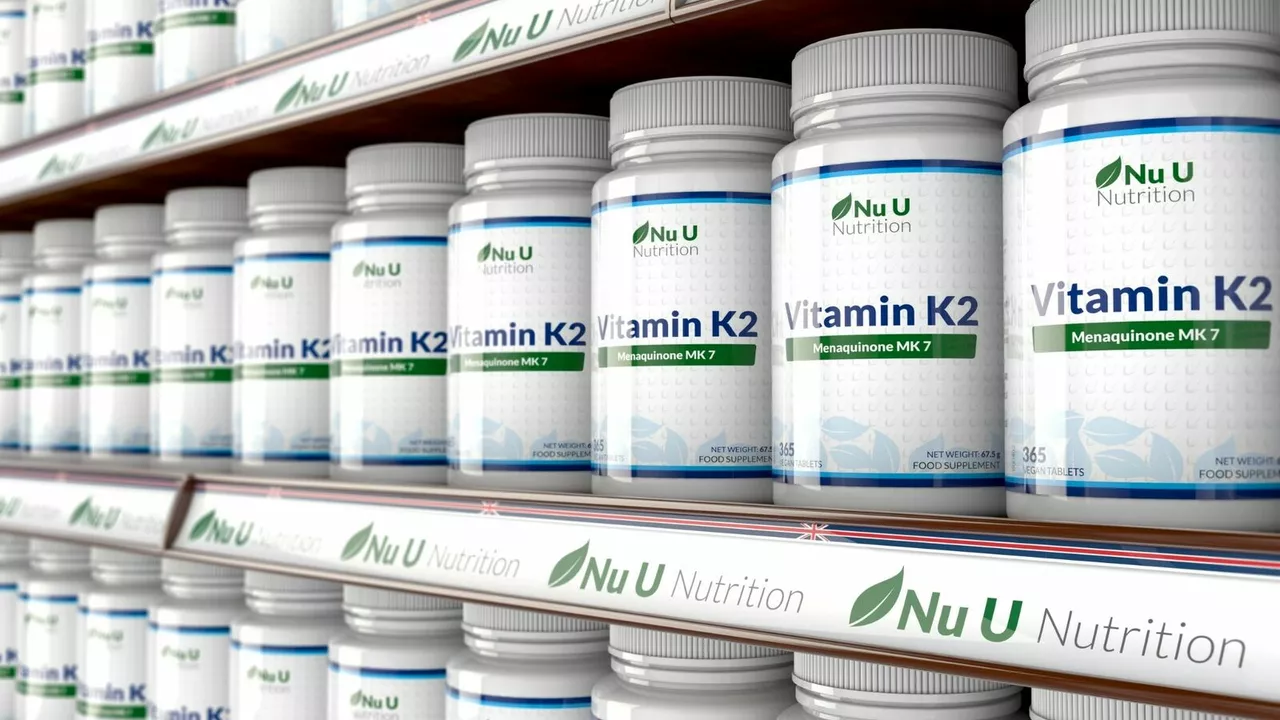Vitamin D supplements: what we covered in August 2023
We focused on a simple idea: many people don’t get enough vitamin D, and in many cases a pill fixes that. You probably know vitamin D helps bones and the immune system, but the post goes beyond basics — who should test, which form to pick, and how to avoid problems. Read these short, clear takeaways to decide if a supplement makes sense for you.
Who should consider supplements?
Think you might be low? If you spend most days indoors, cover up when outside, have darker skin, are older, or live far from the equator in winter, supplements are worth checking out. Also consider testing if you have unexplained bone pain, muscle weakness, or get sick often. Pregnant people, those with obesity, and people on certain drugs (like some anticonvulsants or steroids) also commonly need more vitamin D.
Testing is simple: a blood test called 25(OH)D shows your level. Talk with your doctor about the result — many clinicians aim for around 30 ng/mL, but your doctor will set the right target for you.
How to take them safely
Pick the right form: vitamin D3 (cholecalciferol) is usually better absorbed than D2. Take your dose with a meal that has some fat — it helps your body absorb the vitamin. For everyday support, many adults use 1,000–2,000 IU daily. If tests show a major deficiency, a doctor might prescribe a higher short-term dose like a weekly 50,000 IU for a set number of weeks, then switch to a maintenance dose.
Watch for interactions: calcium supplements can add up, and some medications change how the body handles vitamin D. High doses without monitoring raise the rare risk of too much calcium in the blood, which causes nausea, weakness, and kidney issues. Don’t take very large doses long-term without medical follow-up.
Sunlight helps too, but it’s tricky. Short, regular sun exposure can raise levels, but skin cancer risk and sunscreen use complicate that advice. If you rely on sun alone, seasonal changes and skin tone make results unpredictable.
Practical tips: choose D3, take it with a fatty meal, get a baseline blood test if you suspect deficiency, and review doses with your doctor. If you start a supplement and feel new symptoms like stomach pain, extreme tiredness, or confusion, stop and check with a clinician.
Want the full post from August 2023? We broke down everyday doses, signs of deficiency, and safe correction plans. Head to the article for quick examples and sample schedules people used under doctor supervision.
Vitamin D Supplements: A Simple Solution to a Complex Problem
Well folks, here's a tongue-twister for you - Vitamin D deficiency! It's a complex problem but, guess what? There's a simple solution - Vitamin D supplements. Pop a pill, soak up the sun (not too much, though), and voila! You're on your way to stronger bones and a healthier immune system. Ain't health science a marvelous thing? It's like magic, but with a white lab coat! So, don't let the D-saster (see what I did there) hit you, take charge with these wonderful little sunshine pills!

